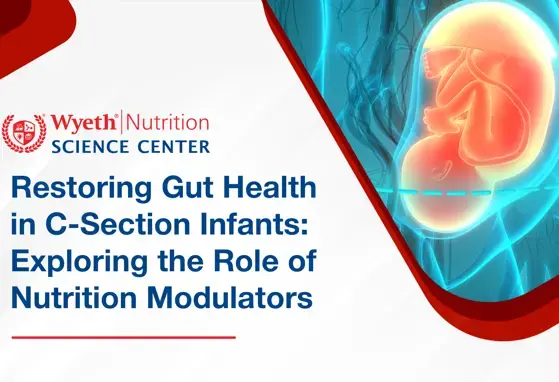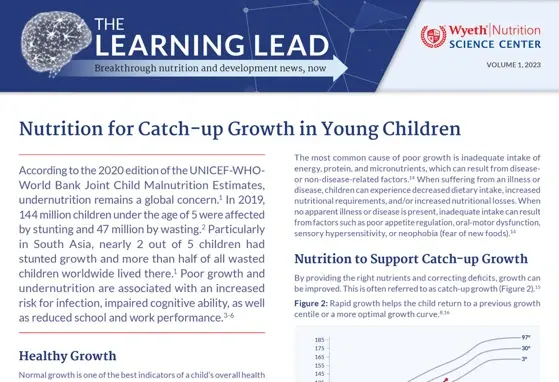[Local Data] Caffeine intake and mineral metabolism among various maternal vitamin D statuses

A recently published local study is the first to demonstrate that health consequences of caffeine intake during pregnancy may differ across women based on their serum 25(OH)D concentrations. Peripheral blood samples from 181 randomly selected healthy pregnant women were collected. Information of their demographic and dietary intake were collected via questionnaires.
Subjects
- 181 pregnant women who were recruited at their 25th to 35th gestational week
Measurements
- Vitamin D status was determined by the total serum 25(OH)D concentration, which was defined as 25(OH)D3 + 25(OH)D2 – 3-Epi-25(OH)D3
- According to the clinical practice guidelines of the Endocrine Society Task Force on Vitamin D,
- Vitamin D insufficiency is defined as 25(OH)D concentration < 75 nmol/L
- Vitamin D sufficiency is defined as 25(OH)D concentration ≥ 75 nmol/L
- According to the clinical practice guidelines of the Endocrine Society Task Force on Vitamin D,
- Mineral metabolism was measured by serum levels of various markers: albumin, alkaline phosphatase (ALP), calcium, phosphate and ferritin
- The level of caffeine intake was calculated based on the Food Frequency Questionnaire (eFFQ) completed by subjects
- Tool: Nutrition Analysis and Fitness software Food Processor with reference to the USDA food composition table, and the traditional Chinese and local Hong Kong food composition tables
- Tool: Nutrition Analysis and Fitness software Food Processor with reference to the USDA food composition table, and the traditional Chinese and local Hong Kong food composition tables
Results
- Average age of subjects: 32.9 years
- Vitamin D insufficient: 27.6% (50 out of 181)
- Vitamin D sufficient: 72.4% (131 out of 181)
- An association between more caffeine intake and lower serum ALP levels among vitamin D-sufficient pregnant women was observed in univariate regression analyses (β = -0.24, p = 0.006)
- The association persisted after adjusting for maternal age, family income, sun exposure intensity, and vitamin D supplementation duration
- No association between caffeine intake and any of the biochemical indicators within the vitamin D-insufficient subgroup was observed
Conclusion
- Among vitamin D-sufficient pregnant women, caffeine intake was associated with lower serum ALP levels, indicating that vitamin D status might be a potential modifier of health outcomes of caffeine consumption during pregnancy
Link to the full article:
https://www.ncbi.nlm.nih.gov/pmc/articles/PMC9032703/pdf/nutrients-14-01616.pdf
Reference:
Tung KTS et al. Total 25(OH)D concentration moderates the association between caffeine consumption and the alkaline phosphatase level in pregnant women. Nutrients. 2022;14(8):1616.
Other articles that you might be interested in:
[Literature library] Factors influencing maternal vitamin D levels in China
WYE-EM-107-AUG-22
If you liked this post you may also like

Restoring Gut Health in C-Section Infants: Exploring the Role of Nutrition Modulators


